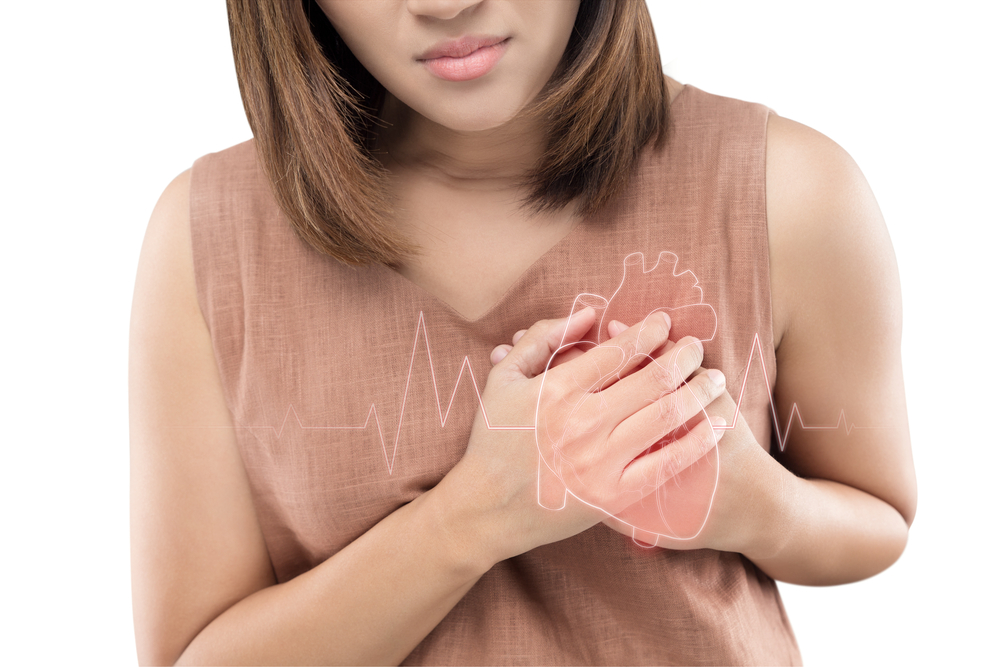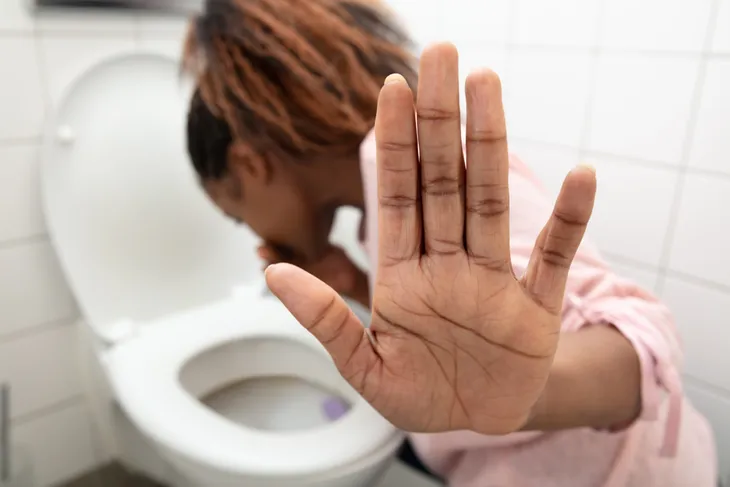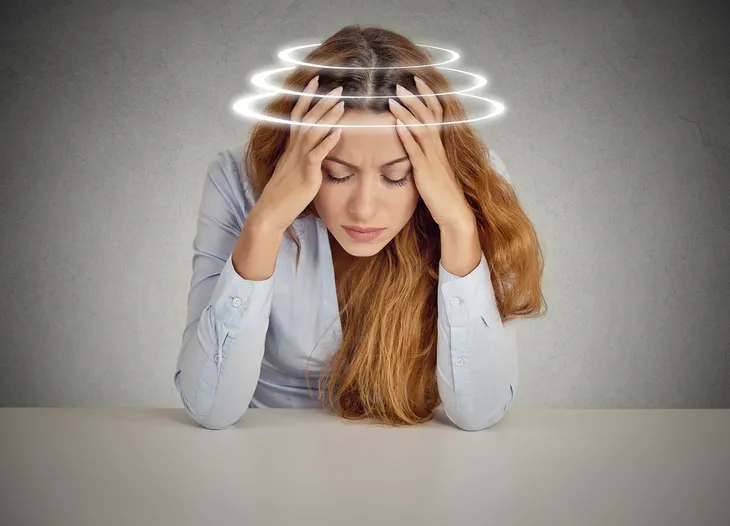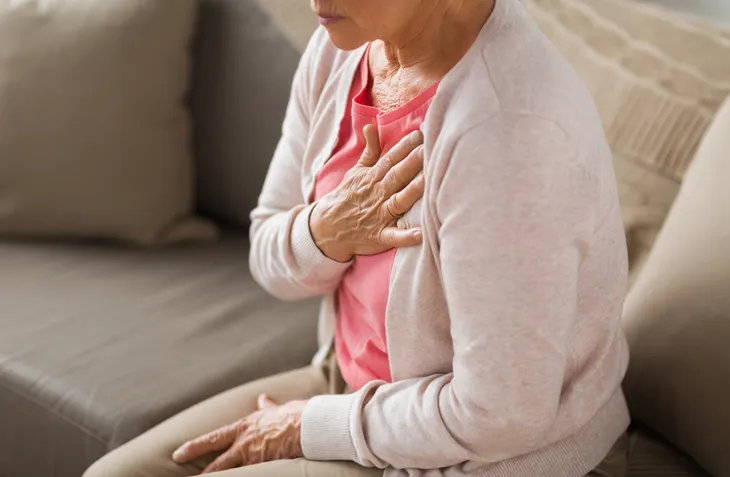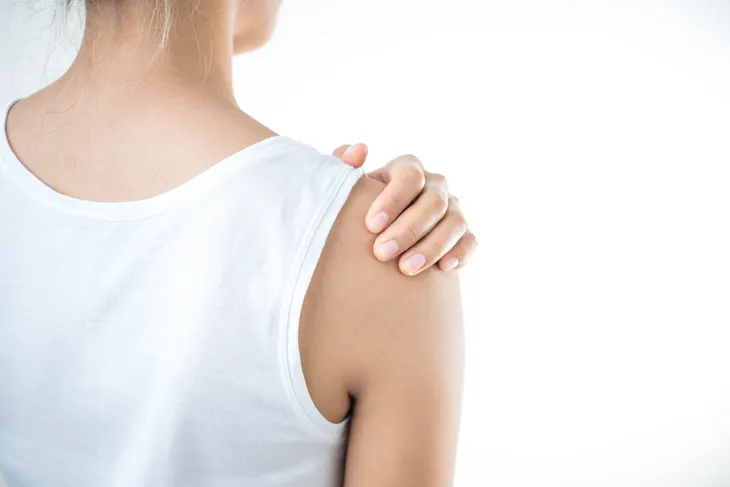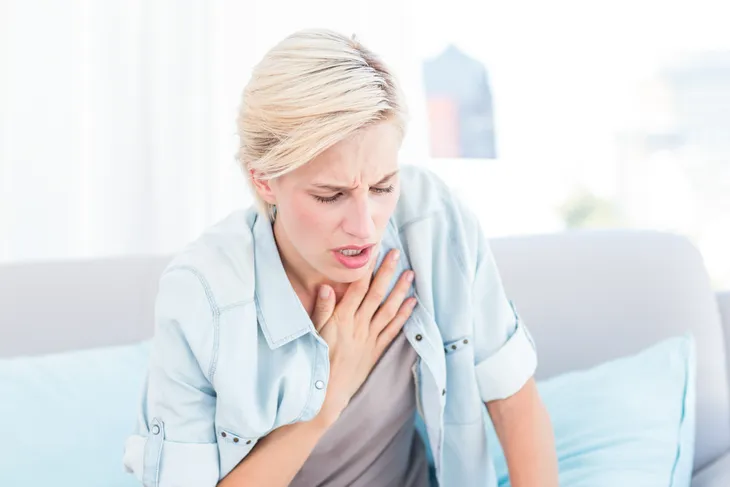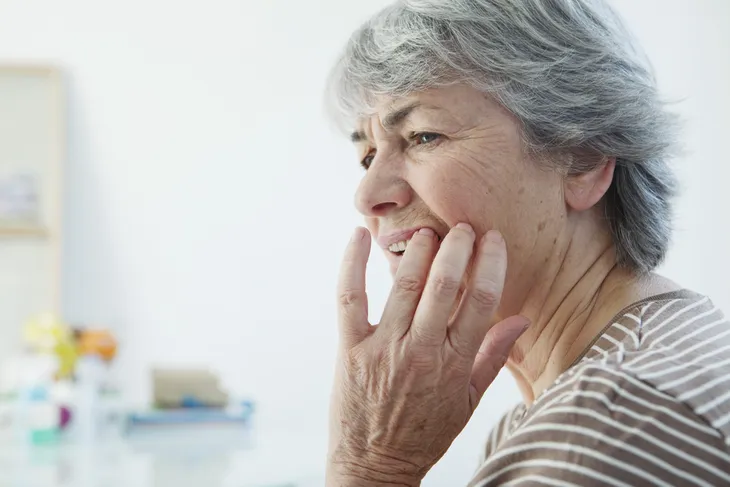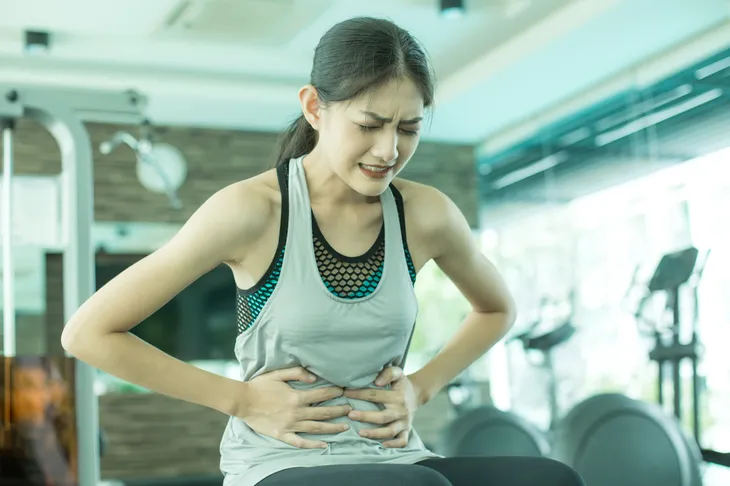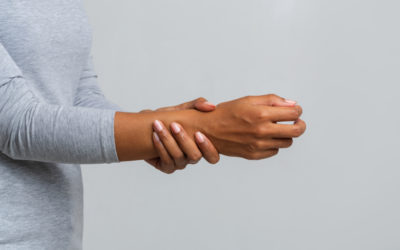It’s often too late before you realize that you have a heart issue. However, certain sneaky patterns often arise to warn patients that there might be an issue. For women in particular, these signals may be subtle; however, they can indicate issues with cholesterol and blood pressure, and tip you off to an associated cardiovascular issue.
Here are 12 sneaky heart trouble signals for women…
1. Nausea
According to researchers at the University of Colorado School of Medicine, feelings of nausea (similar the flu) that come on suddenly can indicate ineffective blood flow. This type of nausea will often strike after a surge of physical activity.
Researchers dub this nausea “flu-like” because it’s often accompanied by stomach upset, severe indigestion, vomiting, and cold, clammy perspiration very similar to the onset of a stomach bug.
2. Unexplained Fatigue
A study from the University of Arkansas notes that many women complain of unexplained fatigue and sleeplessness prior to a heart attack. Researchers found that extreme fatigue the week prior to a heart event was a pattern among female heart patients. “Patients often complain of a tiredness in the chest,” says Nieca Goldberg, MD, Medical Director of the Joan H. Tisch Center for Women’s Health at NYU Langone Medical Center in New York, when talking to WebMD.
Unexplained fatigue is an indicator of heart issue that strikes women, not so much men. In fact, doctors note that women often suffer different indicators compared to the classic patterns men are prone to before suffering a heart attack.
3. Dizziness
Dizziness, fainting, and feelings of vertigo are also common signs of a heart issue. According to a study from the University of North Carolina, a racing heart, palpitations, or dizziness when going from seated to standing are telltale signs of a cardiovascular problem.
Most notably, scientists explain that feelings of dizziness and heart palpitations are the result of a faulty valve, a heart blockage, or a valve-related issue in the days prior to an impending cardiac event.
4. Heavy Chest Pain
While sharp chest pain is often a classic heart attack symptom in men, this is not always the same for women. Instead, women often feel heaviness, similar to a weight, on their chests prior to a heart attack.
According to Ashley Simmons, MD, a cardiologist at the University of Kansas Hospital, women are more likely to feel unexplained chest pressure that feels like they pulled a muscle or like their chest cavity is weighted down by bricks. In this case, call 9-1-1 immediately.
5. Arm Pain
This is a more common symptom of a heart attack, but it’s definitely common in women (there are other more female-specific pain-related symptoms that occur, but we’ll get to those later). Reader’s Digest talked to heart attack survivor Tara Robinson, who suffered three heart attacks in one week when she was only 40-years-old. She recounts that it “felt like my arm was asleep. I thought maybe I was working out too hard at the gym or I slept on it wrong.” The pain in her arm kept getting much stronger and more severe as the heart attacks continued.
The same source talked to another survivor, Lilly Rocha, who said she simply experienced a “sore” arm. This soreness was kind of lumped into an overall pain that affected her upper body, including her arm, chest, and jaw. She thought it was just stress, because she’d been working a very hectic schedule at the time. Luckily, her co-worker, who had also experienced a heart attack, insisted on taking her to a hospital.
6. Shortness of Breath
Shortness of breath can crop up following a swift climb up stairs or a run to catch the train as an indication of heart trouble. According to an article in Prevention magazine, if you start to notice that simple, cardiovascular activities that used to be simple last year, or last month, are suddenly leaving you short of breath, you may have a heart issue.
In addition, major changes in breathing or the need to lie down due to fatigue and lightheartedness following simple cardiovascular activities may indicate heart trouble.
7. Neck, Jaw, and Back Pain
It’s been ingrained in our brains that the major sign of a heart attack is pain the left arm, and while that’s sometimes true, it’s not always the case. Women in particular have been known to experience pain in their upper or lower back, as well as in their neck and jaw. Reader’s Digest refers to Suzanne Steinbaum’s Heart Book: Every Woman’s Guide to a Heart Healthy Life, which states that jaw pain is often called “referred” pain because the pain is actually originating in the heart. This is a perfect example of our body’s amazing ability to let us know that something is wrong. “When there is a problem with the heart, it triggers nerves in that area, but you sometimes feel pain elsewhere,” writes Leslie Cho, MD, in an article for the Cleveland Clinic.
The American Heart Association also says women are somewhat more likely than men to experience other common symptoms such as back or jaw pain. Tara Robinson, a spokesperson for Go Red for Women and the American Heart Association, told Reader’s Digest that the pain she experienced felt like something she’d experience after leaving the dentist when the novocaine hasn’t worn off.
8. Stomach Pain
Most of us have heard people refer to chest pain, especially heart-related pain, as feeling like an “elephant sitting on your chest.” According to WebMD, the stomach pain women may experience leading up to a heart attack is no different. Dr. Goldberg says women have been known to experience “severe abdominal pressure that feels like an elephant sitting on your stomach.”
Similar to other symptoms on this list, many women mistake their stomach pain for another health related condition or issue such as a stomach ulcer, the flu, or even a bad case of heartburn. This is mainly because people don’t generally associate stomach pain with a heart attack, but being informed on these unusual symptoms will hopefully help reverse this.
9. Sweating
There are lots of reasons a person will begin sweating, many of which are due to obvious reasons such as extreme heat, hot flashes linked to menopause, or simply overexertion during exercise. Sweating is not normal if it occurs suddenly without warning, it’s accompanied by chest pain or fatigue, or if it’s a cold and clammy “stress sweat” that begins for no apparent reason.
WebMD goes into further explanation by saying that most, if not all heart attack related sweating feels more like a cold sweat than anything you’d experience while simply sitting outside in the heat or during exercise. As previously mentioned, this cold and clammy sweating is referred to as “stress sweat.”
Improve your heart health in just five days! Sign up for our newsletter to receive our daily heart health checklist.
10. Flu-Like Symptoms
When we think of a heart attack, we often revert to the dramatic image of someone clutching their chest and then dropping to the ground. Unfortunately, the symptoms of a heart attack are not always that obvious; in fact, many times women don’t seek help because they think they’re suffering from the flu. This is because a heart attack can present with many flu-like symptoms including cold sweats, fatigue, body aches, and nausea.
A good way to differentiate whether you’re experiencing the flu or possibly something more serious is to evaluate the severity of your symptoms. If what you’re experiencing seems more intense than anything you’ve ever experienced before, there’s a chance it could be because you’re suffering from something much more extreme than the flu. In this case, don’t hesitate to get it checked out, especially if you have a family history of heart disease.
11. Anxiety
Ever get the feeling that something bad is going to happen before it actually does? Some people refer to it as their “sixth sense.” Women who are about to have a heart attack sometimes experience something a little like this. They will become anxious, fearful, or have a strong sense of impending doom.
“They’re aware that something is drastically wrong, but they don’t know how to deal with it. Too often women attribute this to stress rather than a heart attack, because their lives are so pressured,” writes Huffington Post.
12. Prolonged Insomnia
Another strange warning sign of heart trouble for women is insomnia. Not surprisingly, many people don’t quickly jump to the conclusion that they have heart problems after a bad night’s sleep and they shouldn’t! However, it’s important to be aware of these sneaky warnings.
Huffington Post says that many women have experienced unexplained insomnia in the days or weeks leading up to their heart attack. According to their accounts, they will feel “wired,” frequently wake up in the night, or experience racing thoughts while trying to fall asleep. Sleep deprivation can affect the body’s ability to regulate glucose in the blood and raise blood pressure which be dangerous for the heart.
